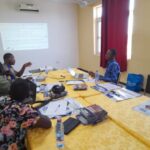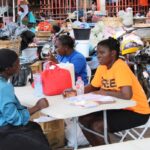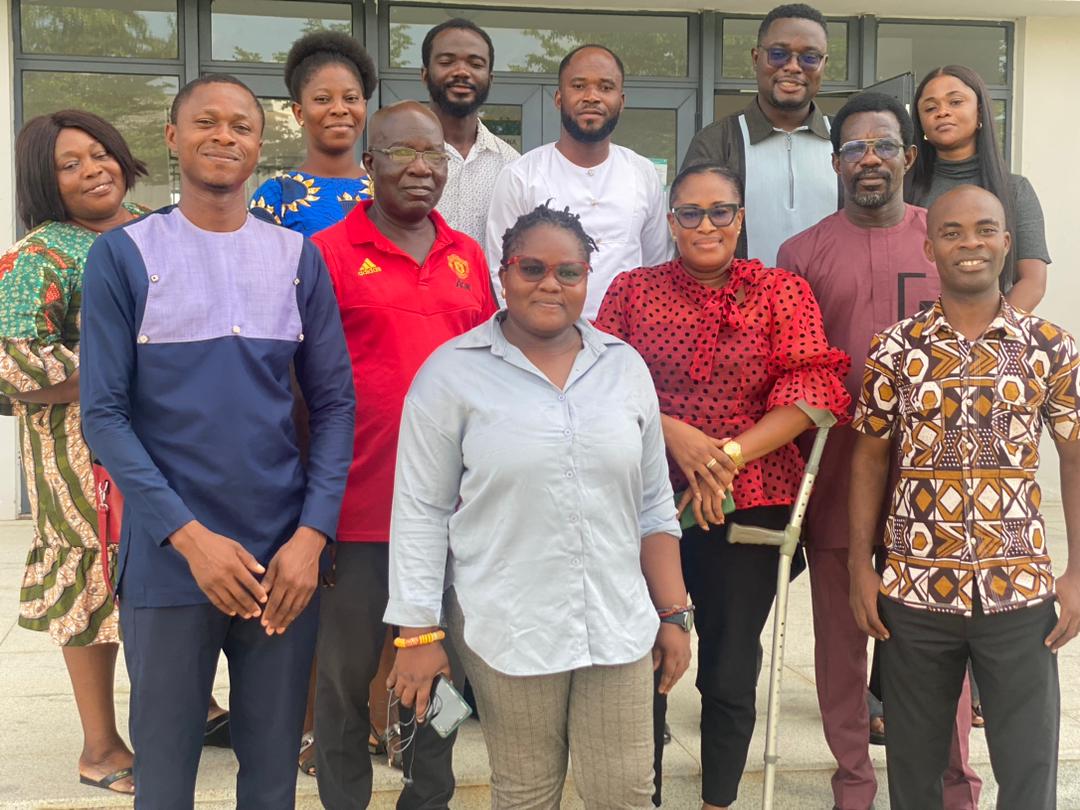
On 2nd and 3rd May 2024, the Legal Resources Centre (LRC), a human right non-governmental organization, organized a two-day co-creation workshop for Civil Society Organisations in Ho, Volta Region, working in the justice space to draft a justice commitment for Ghana.
The justice commitments will be drafted based on two proposed areas being; passage into law of Ghana’s Community Service Bill and the operationalisation of paralegals in Ghana.
When approved, the justice commitments would be incorporated into Ghana’s 5th Open Government Partnership (OGP) National Action Plan (NAP) through an amendment.
Open Government Partnership is an international initiative that seeks to secure concrete commitments from governments to promote transparency, enhance citizens’ participation, promote accountability, and adopt new technologies to enhance good governance.
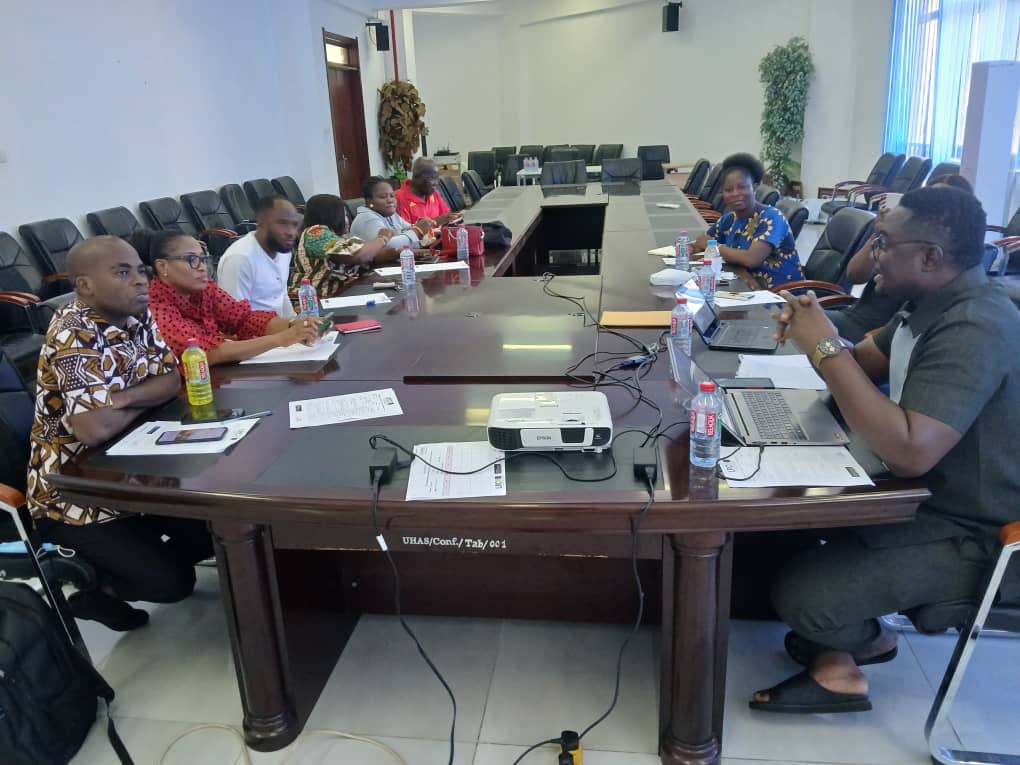
Ghana has been a member of the OGP since 2011 as its principles and values are enshrined in the 1992 Constitution of Ghana.
Since 2011, Ghana has successfully developed and implemented four NAPs, which sought to create continuous collaboration of creating open and honest governance systems in the country.
The 5th NAP which was submitted in December 2023 commits to a nationally agreed set of priority areas and actions, that are designed to achieve an integrated mental health system and that will be used to build a stronger, more transparent, accountable, efficient and effective mental health system.
During the two-day CSOs workshop, a programme Officer at the LRC who led the team, Enock Jengre stressed that “since Ghana signed unto the OGP in 2011, the government has submitted five different NAPs with different commitments. However, none of the commitments has been in the area of justice. Hence, and as justice needs are core to Ghana’s development and its democratic consolidation, CSOs working in the justice space through the LRC had to make a case with the OGP steering Committee so as to draft a justice commitment for incorporation into Ghana’s 5th NAPs through an amendment and this is allowed through the OGP requirements”.
He asserted that once the justice commitments are drafted in an OGP language, the draft will undergo various consultative meetings with both the state and non-state actors working in the justice delivery space including the Ministry of Interior and the Legal Aid Commission for review/input before adoption.
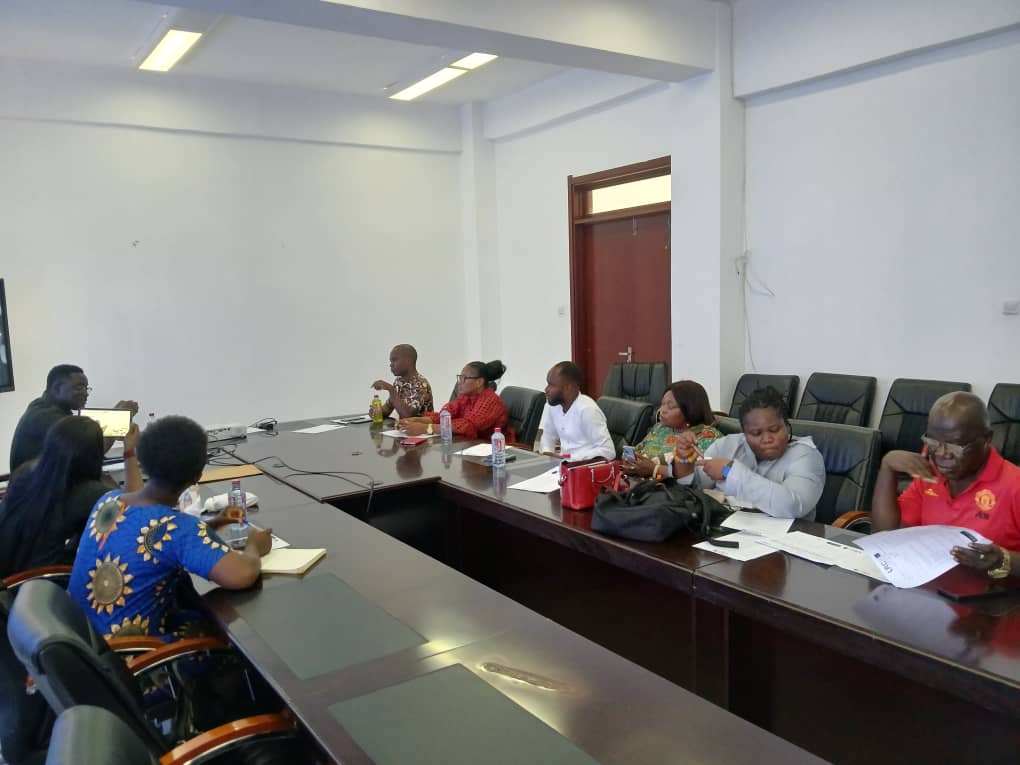
On her part, Mrs. Thelma Ohene-Asiamah, the National OGP Coordinator and a member of the OGP Steering Committee, walked participants through Ghana’s journey towards the development of five successful NAPs and how implementation of the various commitments are done and monitored.
Mr. Sylvester Appiah-Honny, the Grassroot Justice Network Officer for Ghana, encouraged the participating CSOs to value their contribution towards the development of the justice commitment as an important milestone in their individual organisations. According to him, history will remember them as having contributed towards Ghana’s first justice commitment on OGP.
The workshop also provided a platform for an in -depth discussions on the co-creation and co-implementation of Ghana’s justice commitment and to strengthen the Grassroots Justice Network heralded by Namati through networking opportunities and collaborative sessions.
OGP is to expand responsiveness, accountability, and inclusion into all systems of justice.


